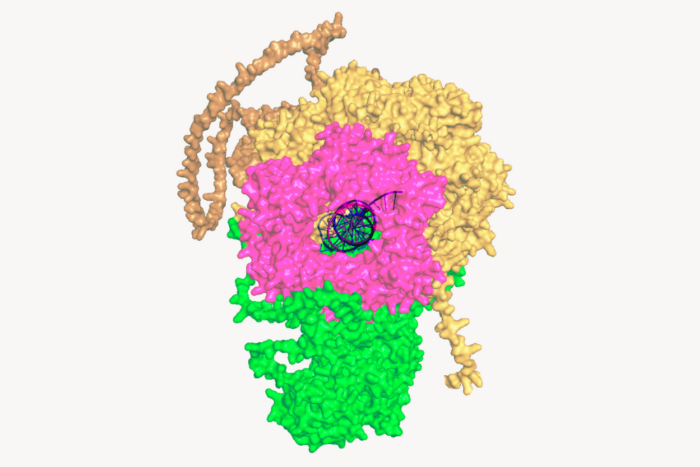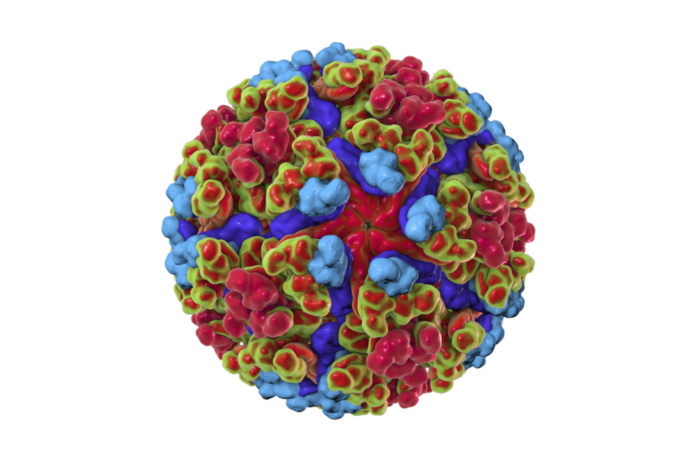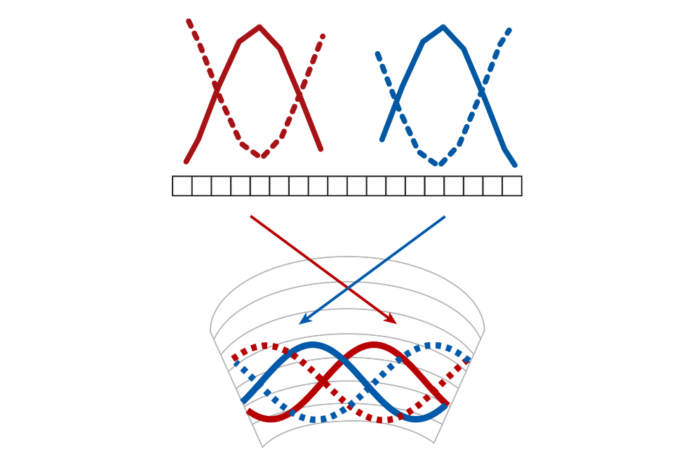Kavita Rangan
 Kavita Rangan
Kavita Rangan
Presented by Howard C. Hang
B.S., University of California, Berkeley
Characterization of Bacterial Metabolites Involved in Host Pathogen Resistance
It has been a pleasure to have Kavita Rangan do her graduate thesis studies in my laboratory. Kavita is a remarkable individual who is kind, creative, and scientifically fearless.
In our quest for new approaches to fight infectious diseases, my laboratory has been interested in how bacteria that are part of our microflora protect us from pathogenic bacteria and viruses. By figuring out how these beneficial bacteria protect us from infections and identifying specific molecules they use, we hope to develop these factors into new anti-infective agents. This is a daunting task since the tissues in our body are colonized by hundreds to thousands of different bacterial species, each of which may have complex interactions with our cells and other microbes.
Kavita was undeterred by this challenge and realized that we needed more efficient animal models to investigate the protective mechanisms of these bacteria. Inspired by our colleagues in development biology, neuroscience, and microbial pathogenesis, Kavita showed that the roundworm Caenorhabditis elegans could also be used as an efficient model organism to dissect how individual bacteria species protect animals from bacterial pathogens. Using C. elegans, Kavita discovered that Enterococcus faecium, a gut bacterium found in many animals including humans, secretes a specific protein that activates host immune pathways to prevent Salmonella infection. This was an original discovery by Kavita, and required her to overcome many intellectual and experimental challenges since she was the first to work with C. elegans and Enterococcus faecium in my lab.
Remarkably, the secreted Enterococcus faecium protein Kavita discovered is not only active in worms but also protects laboratory strains of mice from Salmonella infection, which suggests that it also works in mammals. As intestinal bacterial pathogens such as Salmonella are still major challenges to human health and agriculture, the secreted Enterococcus faecium protein Kavita discovered is an interesting candidate for antimicrobial drug development and an exciting future direction in my lab.
I want to thank Kavita for taking me along on this incredible adventure and opening up a whole new area of research in my laboratory. I wish her all the best in her future endeavors and am excited to see what discoveries lay ahead of her.


